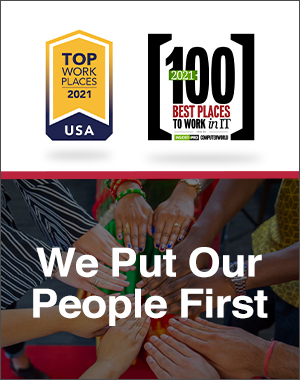
As the care at home industry continues to evolve, the integration of technology, particularly artificial intelligence (AI), is playing a pivotal role in transforming hospice care.
Christina Andrews, Senior Director of Professional Services at Axxess, and Jason Banks, Vice President of Post-Acute Business Development at nVoq, discussed the findings of the Axxess Industry Trends Report, the role of technology in hospice services, and how AI and automation can improve care quality and operational efficiency.
Emerging Technologies Improving Hospice Care
Hospice organizations are leveraging emerging technologies to enhance their operations and patient outcomes.
Banks emphasized the impact of AI, particularly in documentation processes, enabling clinicians to focus more on patient care.
“Organizations are looking to use AI to support the documentation process,” said Banks. “These technologies enable clinicians to spend more time with their patients and reduce errors that could affect patient care or operational efficiency.”
AI-powered tools provide real-time data and insights that help organizations optimize workflows and improve compliance. By equipping clinicians with better training on documentation, these technologies support a higher standard of care.
Enhancing Caregiver Experience and Patient Outcomes
AI and automation streamline operations and improve caregiver experience.
“These technologies enhance both the caregiver experience and patient outcomes, making hospice services even more efficient and compassionate in the end,” explained Banks.
The goal of these technologies is to increase efficiency within the organization, enabling clinicians to focus on providing care.
“We see AI as a really important component to help drive efficiency within the organization and allow clinicians to get back to what they do best, which is providing care for hospice patients and families,” emphasized Banks.
Leveraging AI and Automation
Andrews noted key findings from the Axxess Industry Trends Report that revealed a growing focus on technology investments.
“Many organizations are prioritizing technology innovation and investments in 2025,” said Andrews. “Key areas of focus include staffing, training tools, care coordination systems, as well as care delivery technologies.”
“Things like AI improve the quality of care and operational efficiency in hospice services as a supportive assistant,” emphasized Banks.
To learn more about how artificial intelligence is transforming hospice care, register for AGILE 2025, May 5-7 in Dallas.
